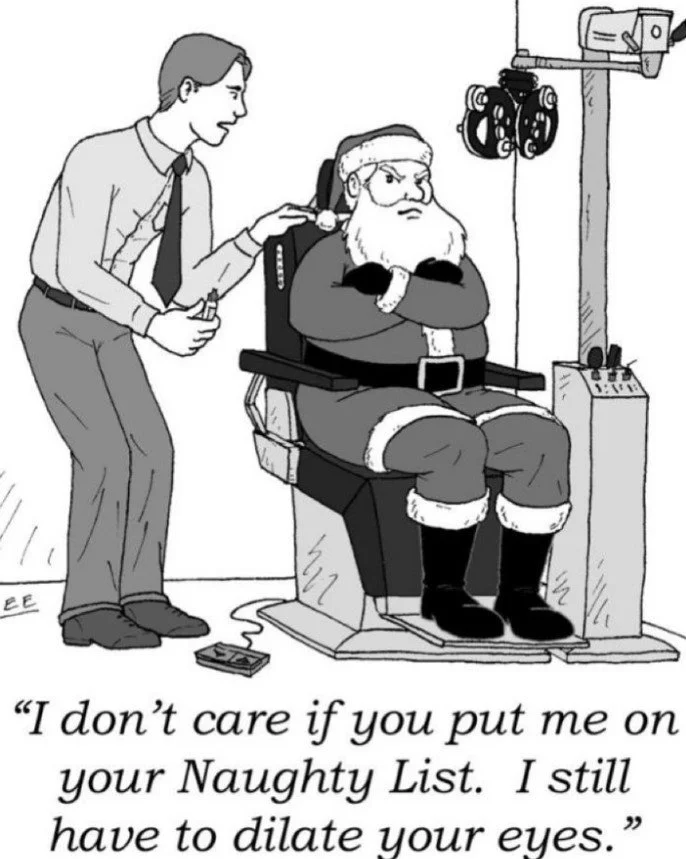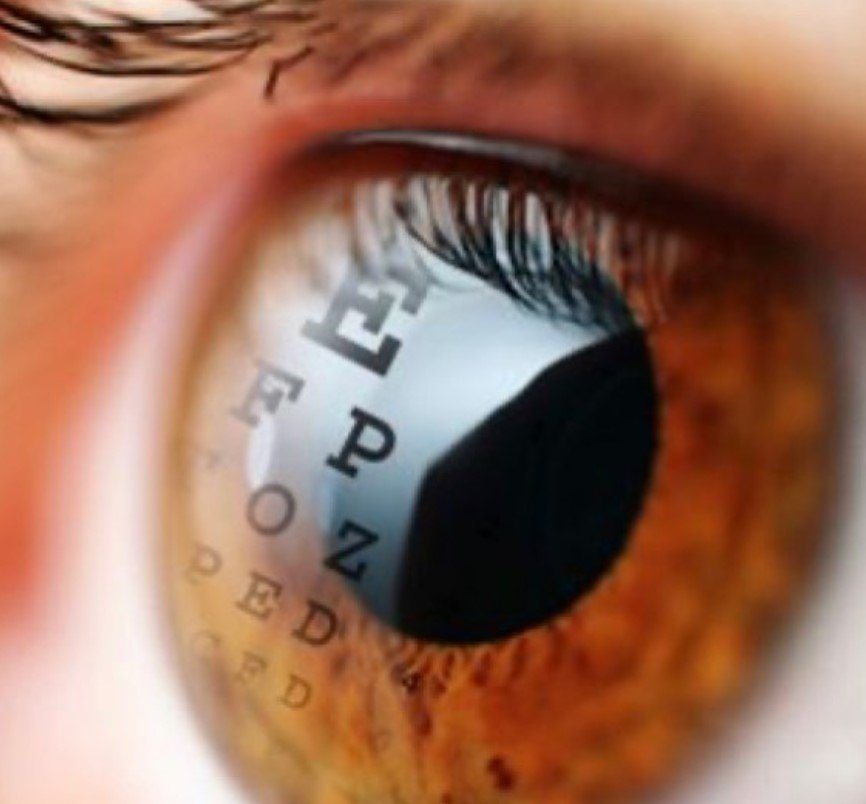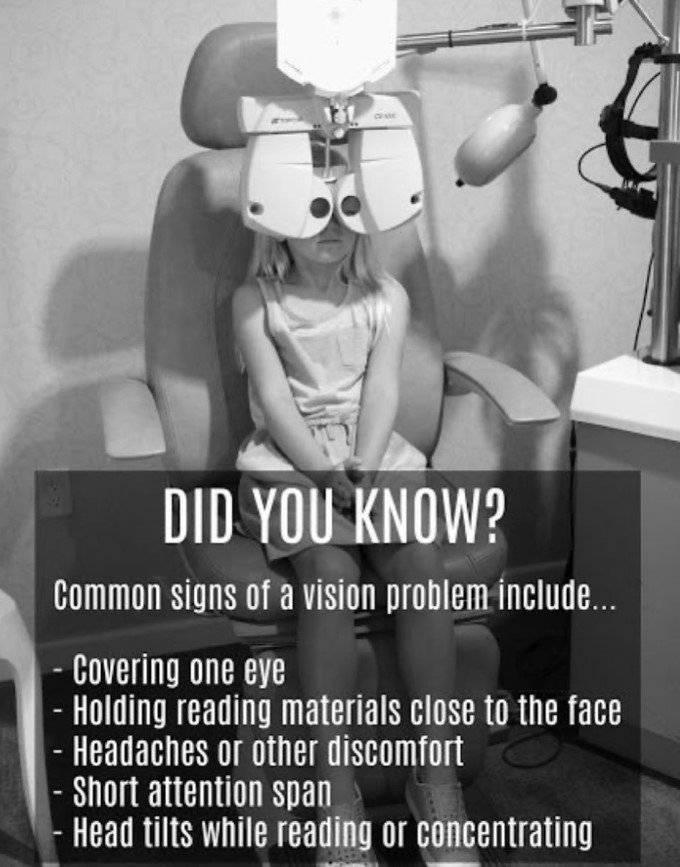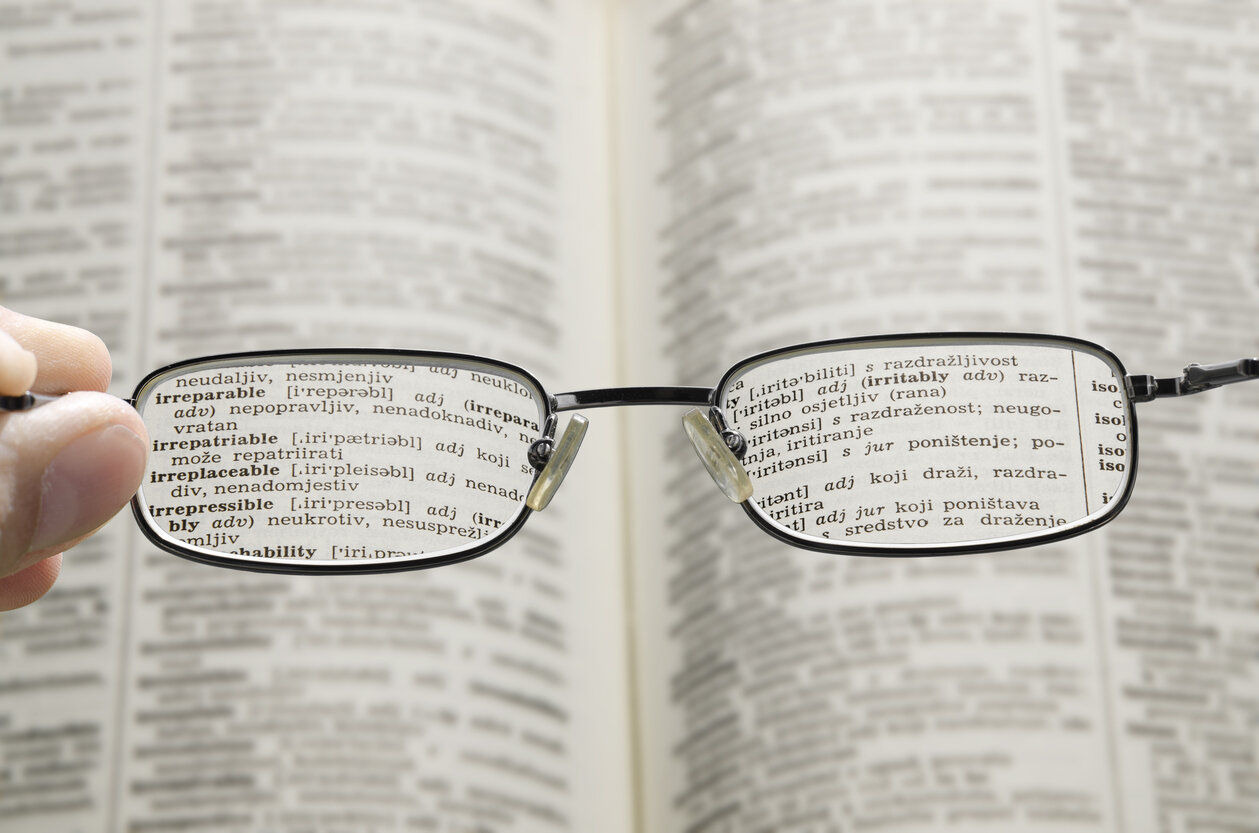Masks have become a very important part in keeping everyone safe during the pandemic. This had lead to an in increase in the number of patients with dry eye symptoms and hordeolums, also known as, styes. Many patients are noticing an increase in irritation, redness, burning and tearing. When wearing masks, our breath tends to go upwards towards our eyes and can cause them to dry out. The bacteria from our breath can clog the glands in our eyelids, which can lead to styes.
So what can we do to prevent dry eyes? Using artificial tears three to four times a day can provide a significant amount of relief when your eyes are irritated. Some examples of artificial tears are Hylo, Systane Complete or Refresh Plus. Also make sure your mask is fitted around the bridge of your nose, so air does not travel upwards. One way to ensure a good seal is to tape the mask to your nose.
How do we prevent styes? Before going to sleep make sure that you remove make-up thoroughly and wash your face to remove any bacteria from your pores. Then place a warm washcloth or a Bruder Mask over your eyes for 10-15 minutes, followed by a vertical lid massage. These steps will help to prevent the glands from being blocked in our eyelids, which will reduce the chances of getting a stye.
If you do notice that you have a stye or increasing dryness in your eyes, make sure to book an appointment with you local optometrist or schedule an exam with us here at Caledon Optometry.























